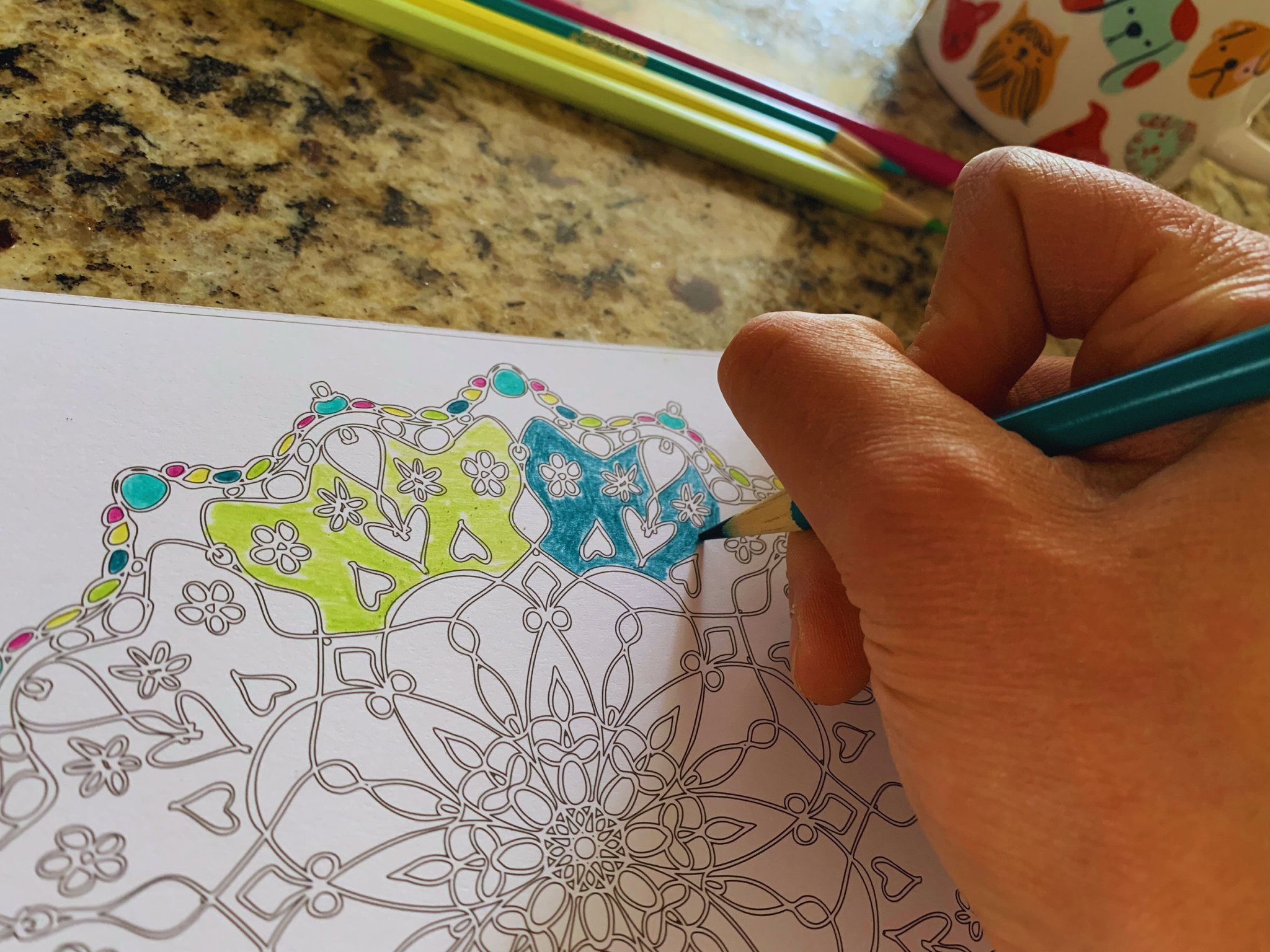What does it mean to be a Highly Sensitive Person?
High sensitivity, or sensory processing sensitivity, refers to the heightened neurological response to both external (physical, and environmental) and internal (emotional) stimuli. This is widely believed to be a genetic trait, much like eye color or height. Around 30% of people are born this way. It has also been observed that within all social animal species, approximately the same percentage is highly sensitive.
Giftedness and Creativity
Sensory processing sensitivity is often associated with giftedness and artistic ability.
Because the neurological system of an HSP is always collecting and responding to environmental information, highly sensitive people tend to be able to pick up on details and subtleties that other less sensitive people would not. For example, I recently spoke to a highly sensitive friend who told me she had noticed that a new security camera was installed on her route to work, but when she mentioned it to her coworkers who take the same route, they hadn’t noticed.
Empathy
Highly sensitive people spend a lot of time internally processing everyone’s experiences and feelings. As a result, HSPs are often deeply empathic.
HSPs tend to experience strong emotions around art, movies and music. It is as if the feelings conveyed are absorbed and thus become their own experiences. In the same vein, if an HSP is out in public, and they witness another person (or animal) having feelings, they will absorb those emotions too. This is a result of their highly active mirror neurons, which are responsible for the ability to empathize.
HSPs are often targeted by narcissists. Why? Because if a narcissist can tap into an HSPs heightened empathy, they will be able to use them to supply their ego. Highly sensitive people feel deeply for others and want to help those in need. If they have difficulty setting boundaries, and they often do, this can leave an HSP in the crosshairs of toxic manipulation.
Productivity and Performance
Highly sensitive individuals need more sleep than the average person. The neurological system of an HSP is always busy processing input and responding. This expends a lot of energy, so HSPs need adequate rest to recharge and be productive in other ways.
Performance declines if an HSP feels watched. What does this mean? The best example I can give you is that I can cook an amazing Thanksgiving meal for my immediate family. But the moment I’m doing the same for a crowd, I overcook the brussels sprouts and forget to add sugar to the apple pie.
Overstimulation
They aren’t always introverts, but HSPs still need breaks from socializing due to the ease with which they become overstimulated. Loud, busy environments can be hard on a sensitive neurological system. HSPs tend not to like crowds, sounds they can’t control, overstimulating events, or going hard without rest. They need boundaries and supportive friends and family who will not only understand but encourage them to advocate for their needs.
Emotional Reactivity
Highly sensitive people are emotionally reactive. This can be pleasant at times but it can also be alarming. For example, if I am out in the woods with you, and I see moss growing on a rock in a way that I haven’t seen before, I will have to stop to admire it, and photograph it, and I might want to drag you down to enjoy the beauty of it, too. I will probably be very excited and expressive about it. You might find this perspective refreshing. But I am also aware that you might not care very much about forest roughage. My level of expression over the stuff growing on a rock may startle you. Sometimes my big emotions override everything else.
Emotional Buffering
Highly sensitive people gravitate toward emotional buffering. Feeling everything so hard all the time is not easy work. Emotional buffering is a coping mechanism that everyone uses here and there, but HSPs often need breaks from their active neurological system. Emotional buffering can take many forms. Think Netflix binge, chocolate cake, retail therapy, or pinot. This “tool” can increase dopamine (the feel good hormone), and it has its place if used in moderation. Of course, it can become dangerous if other, healthier coping mechanisms aren’t tipping the scales in their favor.
Embracing your Trait
I have come to embrace and have so much gratitude for my highly sensitive trait. I have struggles just like everyone else, but I have also done a lot of heavy lifting to find my way in this world. My work will never be done, but living authentically is the goal, and I find my way there a little more every day.
If you read this, and think you may be or know a highly sensitive person, I hope you will enjoy reading some of the other articles here at The Earthy Empath.




Love this!
Thank you <3